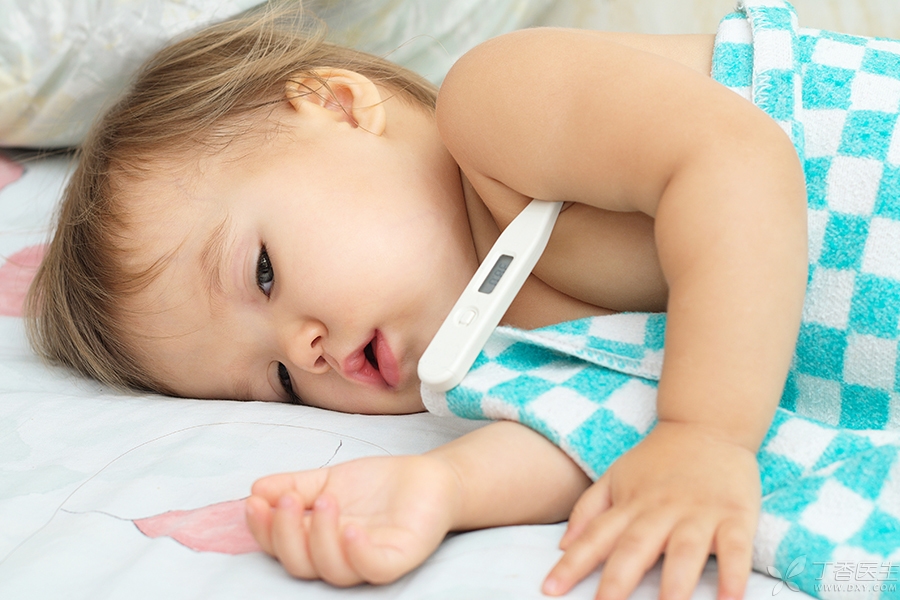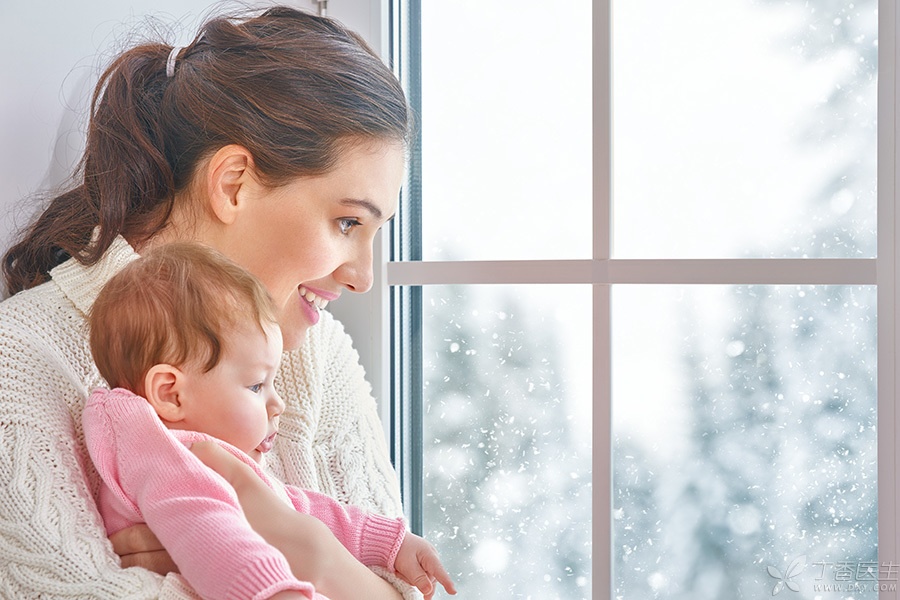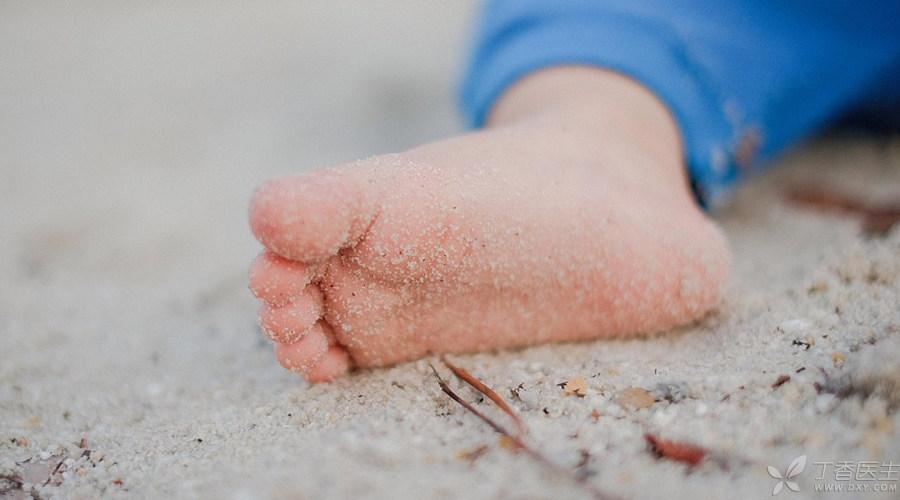 Every time we share the content about the child’s illness, we always receive messages from mothers:
Every time we share the content about the child’s illness, we always receive messages from mothers:
Children often catch colds and fever, is their immunity too low?
Why is it that other people’s children are not ill and my family is always ill? Immunity is so poor?
How can improve children’s immunity? Can you take some medicine to supplement it?
Dr. Clove deeply felt the anxiety of parents.
This time we invited pediatrician Kong Lingkai to clarify the relationship between immunity and illness at one time.
Frequent illness does not mean poor immunity of children.

Whether the child is ill or not depends mainly on the fact that he has not come into contact with the pathogen that causes the disease.
Some parents like to take their children to play outside, while others like to keep their children at home.
Relatively speaking, children who often come into contact with the external environment and other children are much more likely to be infected with pathogens, so they are relatively more sick, but this does not mean that children’s immunity is weaker.
Children who seldom go out at home are seldom sick because they are well protected, but they may go to kindergarten and get sick more frequently than other children.
This is because children come from the relatively simple environment at home to the complex collective environment, and when they come into contact with a large number of pathogens that they have not encountered before, they are prone to illness, and the immune system will make up for all the missing lessons one by one.
At present, research has found that children under the age of 6 will catch colds 6-8 times a year on average. From September to April of the following year, the high incidence of infection can reach January 1, each time may last for 2 weeks.
In this way, a healthy child may be ill for half a year, which is normal.
There are very few children with real immunity (defects). If you don’t believe it, look at it against the following criteria:
Children are always sick and lag behind their peers in growth and development.
- After each illness, they cannot improve on their own and need intravenous infusion or hospitalization. For each bacterial infection, antibiotics for more than 2 months must be used, and the effect is not good. Or every time a child gets sick, he is seriously infected, such as meningitis and septicemia.
Are you relieved now? I believe most children are not like what was described above.
Parents should believe that their children’s immunity will continue to improve.

Immunity is a very vague word, which can be understood as the human body’s ability to resist and resist foreign viruses and bacteria.
Children’s immunity is not innate, but gradually develops and matures after birth.
This is just like a new recruit’s egg. Although he has a gun in his hand, he does not have any combat experience. He can only improve his experience through repeated battles and gradually become a veteran who has experienced many battles.
Most children will gradually lose the antibodies passed by the mother to the child through the placenta after 6 months of birth, and their [weak immunity] will gradually manifest. At this time, children will also begin to face the external environment (viruses and bacteria) independently, and will be more likely to get sick.
Children’s immunity is stimulated in the process of facing pathogens again and again, and gradually matures and becomes stronger.
Whether a child is ill or not and how many times he is ill are not the criteria for measuring the immunity of a child.
How are children who do not love illness tempered?

Speaking of which, many parents will worry:
Can immunity become stronger only through illness? Is there an ideal state of not getting sick and having good immunity?
Of course there is.
However, this does not mean [natural talent]. Children’s immunity will be more perfect only after exercise. Without natural immunity, it will be perfect.
There are also some children who are not very sick when they are young and are not very sick when they enter the kindergarten. These children usually have a better balance between [protection] and [exercise] when they grow up.
During their growth, they will constantly come into contact with a small amount of pathogen stimulation. These small but not enough pathogens will continuously stimulate the child’s immune system and produce enough antibodies, so they are not easy to get sick after entering the park.
Careful observation will reveal that most of these children seldom stay at home, but they will not frequently go to indoor places with large population and poor air. Their activity places are more outdoor and natural.
Looking at Children’s Illness with Positive Mentality

In order to improve immunity, in addition to the above-mentioned exercise of immunity through moderate exposure of children to pathogens, there are also:
- Adhere to breast feeding; Vaccination on time; Balanced diet and reasonable diet collocation; Proper exercise; Don’t abuse antibiotics.
Many parents will also ask me, to do this is a bit slow and difficult, is there a [panacea] to quickly improve immunity?
To be honest, there is really no.
Most of the so-called magic drugs to improve immunity, such as pidotimod, which is now popular, are placebos and even have unknown side effects, so don’t spend that money in vain.
Sickness is not a bad thing, it is the only way to stimulate and strengthen the immune system.
A child is a seed that will sprout and grow up slowly. Every insect bite and wind and rain that he experienced when he was young can make him thrive better.
We should let nature take its course, ensure a good state of mind, and apply fertilizer scientifically during the growth process, which is enough.
